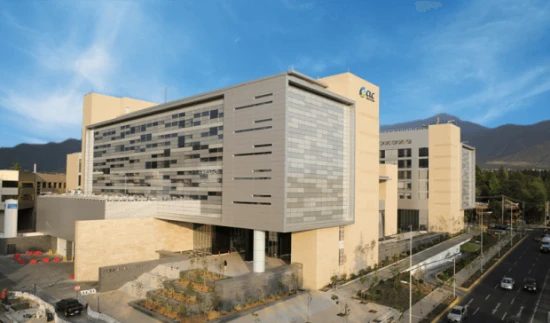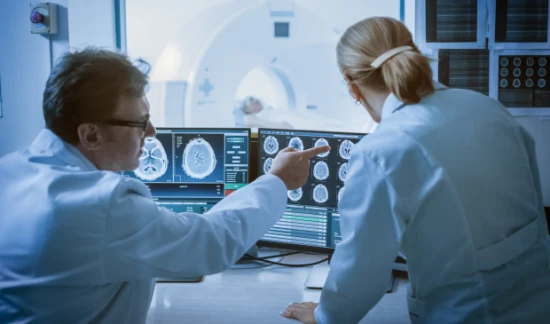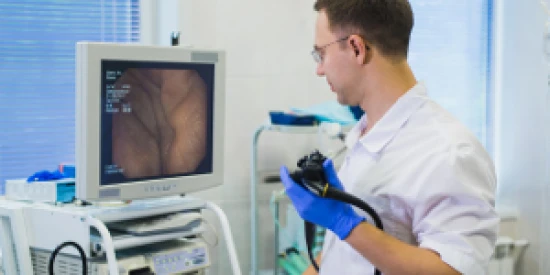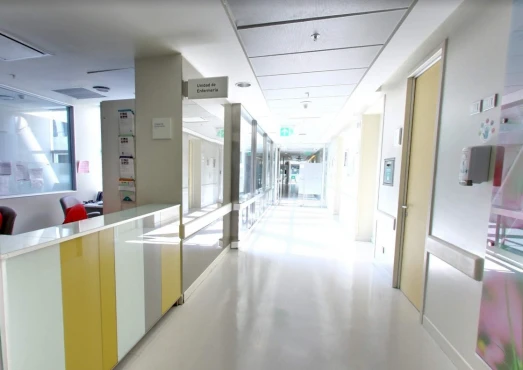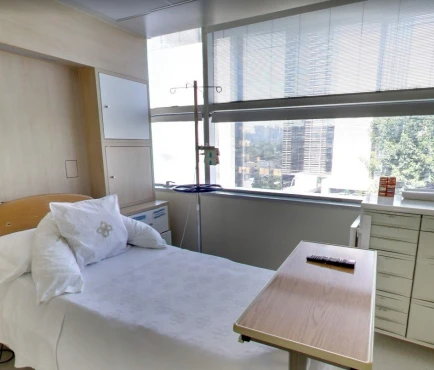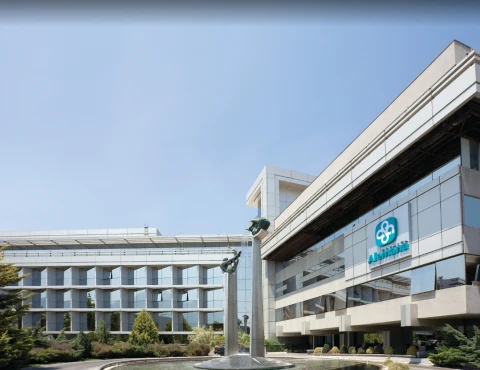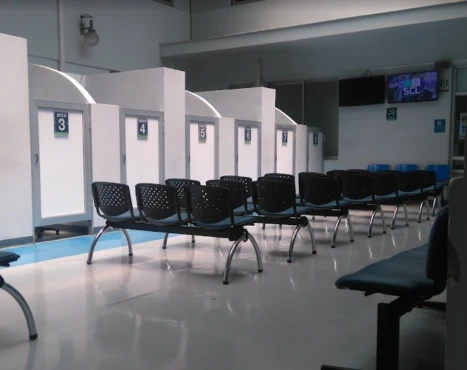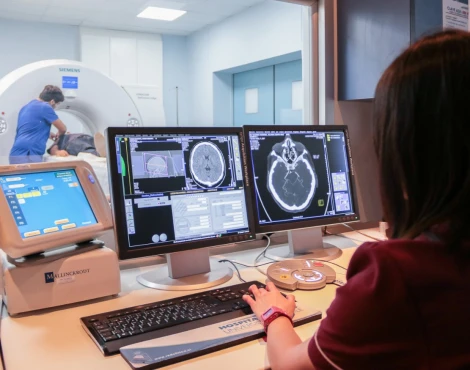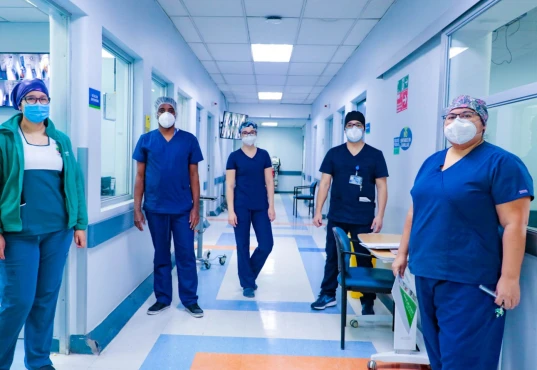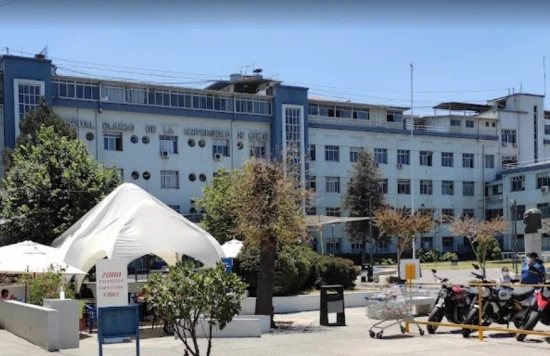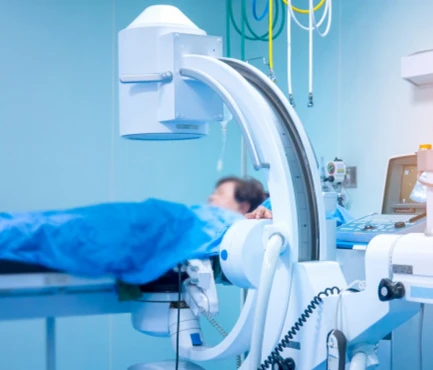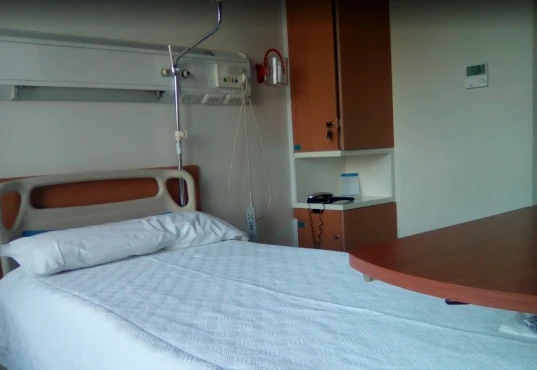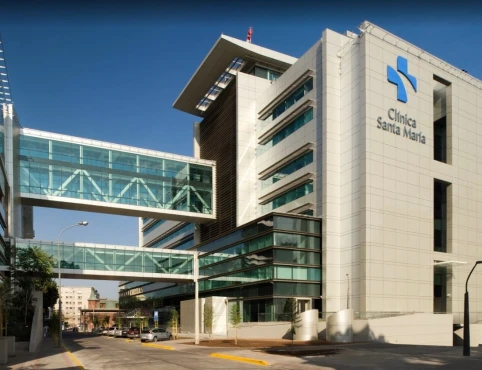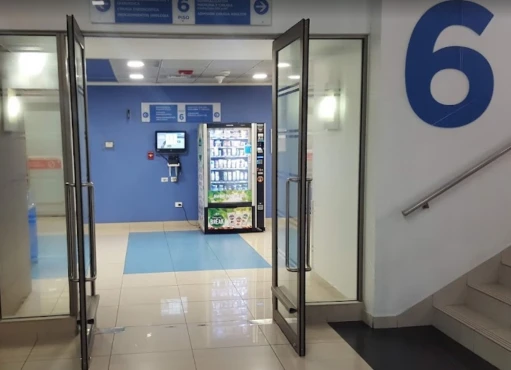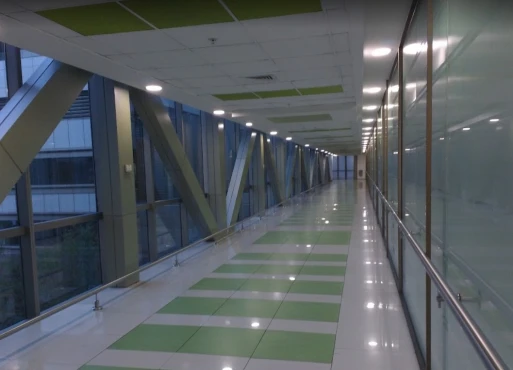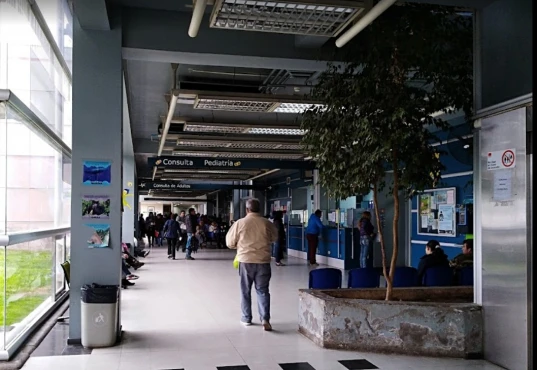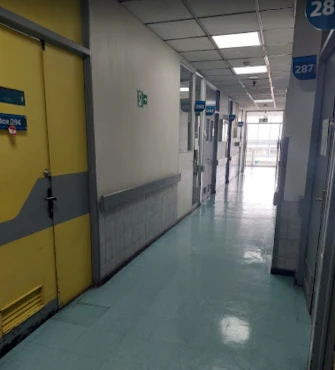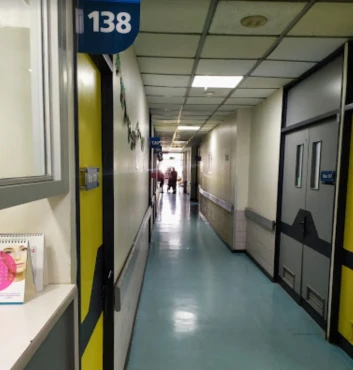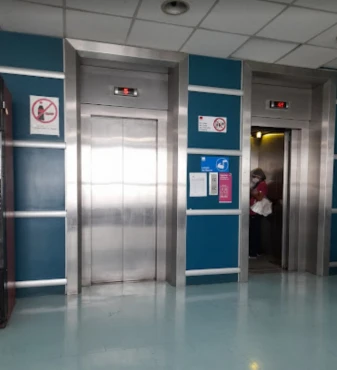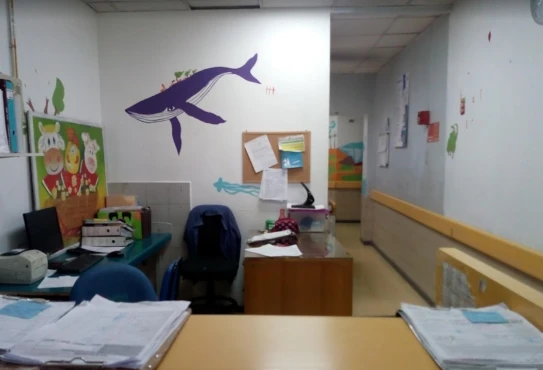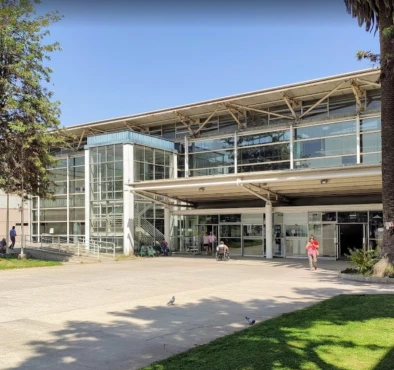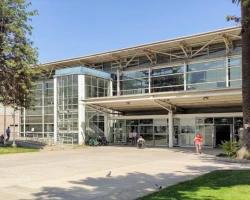Multiple sclerosis (MS) treatment in 1 Neurosurgery clinic in Santiago
1 clinic specializing in Neurosurgery providing treatment of
Multiple sclerosis (MS)
Multiple sclerosis (MS) is a chronic autoimmune disease of the central nervous system, where the body's immune system attacks the protective myelin sheath, leading to communication problems between the brain and the body.
Read more...
disease in Santiago.
Besides this clinic there are 3 Neurosurgery clinics in Chile.
Such diseases are treated by Clinica Las Condes: Brain cancer, Cancer pain, Cerebral palsy, Chronic pain, Complex regional pain syndrome (CRPS), and others.
Sorted by:
Relevance
Rating
Relevance
Prices for popular procedures:
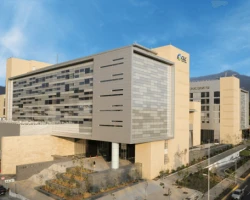
Santiago, Chile
Specializations: Cardiac surgery, Vascular surgery, Thoracic surgery, Neurosurgery, Spine surgery, Orthopedic surgery, Oncology
Languages: English
Las Condes Clinic was inaugurated in 1982 with the best quality standards, excellent medical equipment and state-of-the-art technology. The project was conceived with the purpose
read more
4 nearby similar clinics in Chile
Perhaps you should consider 4 more clinics we have found nearby basing on your Location, Specialization, Disease filters applied.
Prices for popular procedures:
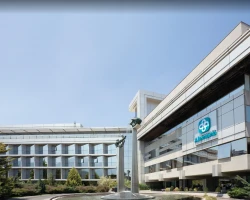
Vitacura, Chile
Specializations: Cardiac surgery, Vascular surgery, Thoracic surgery, Neurosurgery, Spine surgery, Orthopedic surgery, Oncology
Languages: English
This health center is part of a joint-stock company called Grupo Alemana SpA, whose sole owner is the Corporación Chileno Alemana de Beneficencia, a non-profit
read more
Prices for popular procedures:
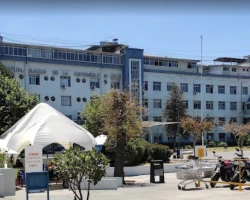
Independencia, Chile
Specializations: Cardiac surgery, Vascular surgery, Thoracic surgery, Neurosurgery, Spine surgery, Orthopedic surgery, Oncology
Our mission is to be the main University Hospital in the country that, together with the training of excellent health professionals, research and the best
read more
Prices for popular procedures:
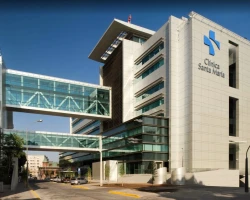
Providencia, Chile
Specializations: Cardiac surgery, Vascular surgery, Thoracic surgery, Neurosurgery, Spine surgery, Orthopedic surgery, Oncology
Languages: English, Portuguese
Is a private institution with more than 75 years of work and dedication to health in Chile. More than 85,000 m2 built to offer the
read more
Countries with the highest number of clinics treating the diseases:
Multiple sclerosis (MS):
worldwide
755 clinics
United Kingdom
56 clinics
Germany
45 clinics
Brazil
41 clinics
Colombia
32 clinics
Australia
27 clinics
Related procedures:
Procedures are likely to be used for Multiple sclerosis (MS) treatment:
Intrathecal pain pump
and
Lumbar puncture
.
